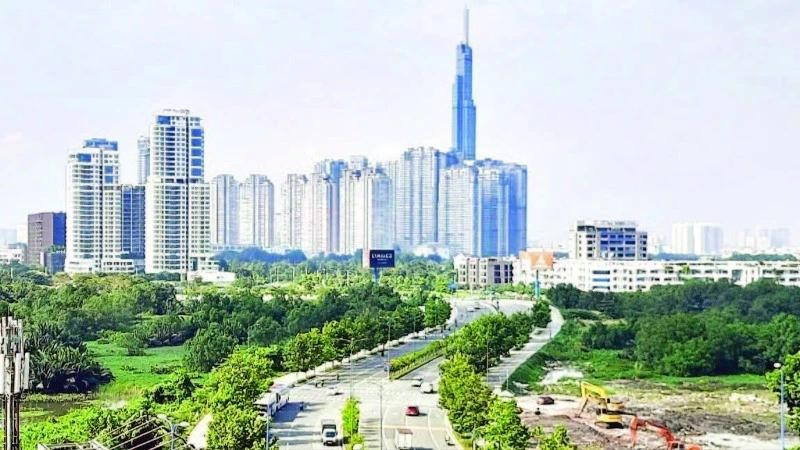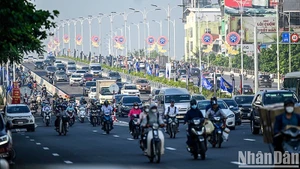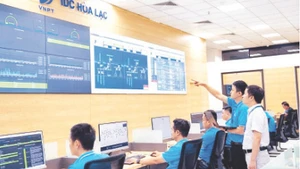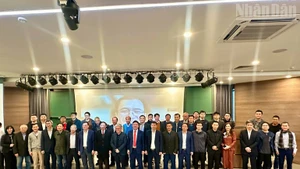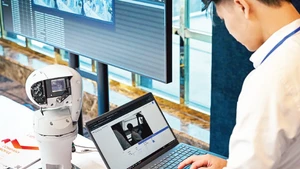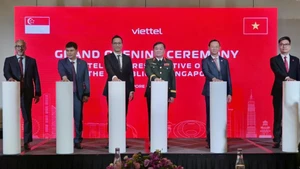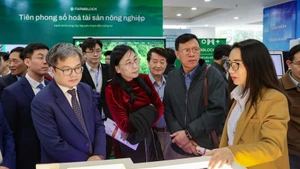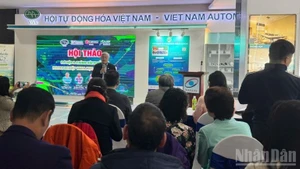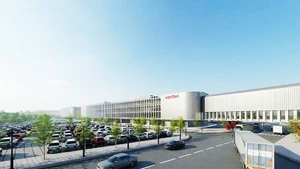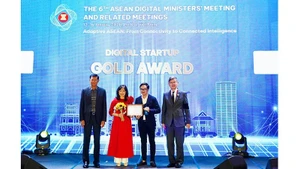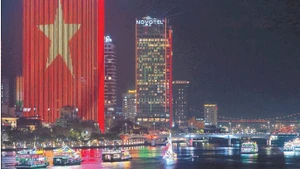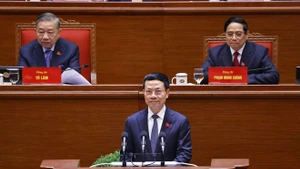At the same time, the global development of modern economic models—such as the green economy, digital economy, and circular economy—offers new pathways for transforming the city’s growth model. As a locality with strengths in science, technology, innovation, research and development (R&D), and digital transformation, Ho Chi Minh City is well-positioned to lead this transition. However, to do so effectively, it must swiftly and decisively address a series of pressing challenges.
The traditional growth model based on outsourcing, exports, and cheap labour is increasingly outdated, especially amid the global surge of the Fourth Industrial Revolution. Beyond persistent issues like environmental pollution and overloaded infrastructure (including transportation, healthcare, education, and digital systems), the city faces the challenge of ensuring sustainable growth. Its low-lying topography and dense river network leave it highly vulnerable to the impacts of climate change and flooding.
In the near future, sea level rise and tidal surges are expected to continue disrupting economic activities. Additionally, the dominance of foreign cultural influences and poorly controlled urbanisation threaten to erode Ho Chi Minh City's unique cultural heritage and identity.
To pioneer in the new era and fulfill its role as the country’s economic locomotive, the city must fundamentally shift its growth model toward a knowledge-based, digital, and high-tech economy. This involves strong investment in R&D, the development of innovative startup hubs, and the training of a highly skilled workforce capable of meeting the demands of digital transformation and international integration. In the face of increasing global competition, the city must also enhance its competitiveness relative to other regional economic centres by formulating breakthrough policies to attract high-quality foreign direct investment (FDI) and improve the overall business and investment climate.
Moreover, to pursue a vision of modern and sustainable development, it is more urgent than ever to advance the building of a smart city, promote green transport, clean energy, and synchronised digital infrastructure. Simultaneously, the city must prioritise solutions for flood prevention and green urban planning in response to climate change. Preserving cultural identity, promoting heritage values, and ensuring a harmonious balance between modernisation and the conservation of traditional cultural values should also remain at the heart of the city’s development strategy.
